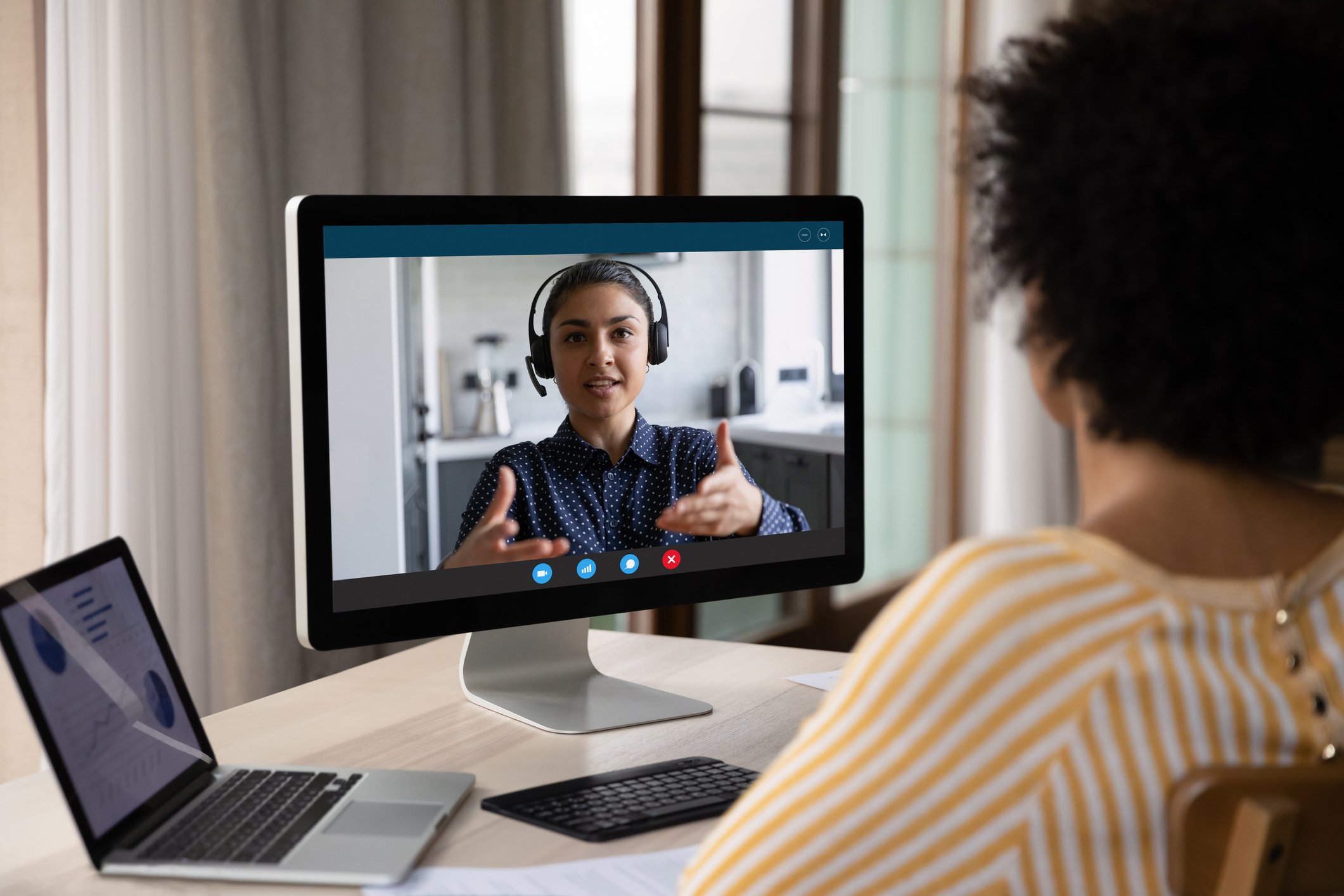Online Methods: Podcast with Janet Salmons
Listen to a conversation about online methods with Dr. Suzanne Albray, host of the DoBetterResearch podcast series, and Dr. Janet Salmons, Research Community Manager for Methodspace.
Janet is the author of Doing Qualitative Research Online, which focuses on ethical research and writing, Gather Your Data Online, an overview of online methods, and What Kind of Researcher Are You? which focuses on researcher integrity. Use the code MSPACEQ422 for a 20% discount on SAGE research books, valid until December 31, 2022.
Listen on Spotify http://spoti.fi/2LV8qL5 Apple http://apple.co/363jsoB Google http://bit.ly/3qFn9Zi
More Methodspace Posts about Online Research Methods
Explore new free content in Sage’s Doing Research Online collection. This meaningfully curated resource features expert insights, practical case studies, videos, datasets and how-to guides, alongside hands-on strategies for conducting robust online research.
Explore our roundup of the Gorilla’s 2024 webinar series to discover invaluable insights on online experimental research. Topics range from setting up experiments to teaching research methods and leveraging advanced tools for creating simulations and multiplayer games.
Dr. Stommel brings clarity to the messy world of data collection on social media.
What are some of the issues researchers face, and what are the experiences of online participants? This collection of open-access articles includes diverse examples and perspectives.
How do you know online participants are who they say they are? This collection of articles explores the issues - and solutions.
The wealth of material available online is irresistible to social researchers who are trying to understand contemporary experiences, perspectives, and events. The ethical collection and -use of such material is anything but straightforward. Find open-access articles that explore different approaches.
How to protect data when recording interviews on videoconference platforms.
The public is exposed to news stories about bad academic research behavior online. How can we counter this narrative and build credibility?
There are lots of questions to consider when using videoconference platforms for scholarly interviews.
Suggestions and resources to help you collect data with online interviews.
Throughout your research journey, leveraging digital tools can be advantageous, aiding you from initial planning to final presentation. Whether you lean towards paper-based methods or embrace a hybrid approach combining both digital and traditional tools, this blog post from Kelly Trivedy offers insights to help you explore and experiment with new tools effectively!
Typically, interviewers are accustomed to using words: we ask questions, we prompt follow-up responses, but the same principles of visual communication are true for research exchanges. Find tips and examples in this post.
Decolonizing research methods means rethinking how we look at participants and problems. In the digital world there are even more ways the European West exerts cultural, economic, and political control. At the same time, the digital world allows researchers to conduct studies across the distances.
Storytelling has been a part of our shared life since the beginning of time. Story-based research approaches are especially valuable when studying sensitive issues or collecting data with vulnerable participants. In today’s digital world we have new ways to share and collect stories in a research context.
Hashtags offer online researchers ways to identify popular topics, trace viral messages, and locate influential thought leaders. Learn more about how researchers use hashtags with this multidisciplinary collection of open access articles.
From the moment social media platforms began to welcome user-generated content, researchers have looked for ways to study it. Learn more with open-access articles about social media platforms.
Do you think about research questions as an insider, outsider, or somewhere in between? Why is positionality important in online research?
Qualitative researchers often collect very personal data, whether in interviews or in narratives, diaries, or other records that depict their experiences. One way to protect their identities is by changing their names, and anonymizing the data.
How can you use data science in social science research? Find an interview with the Oxford Internet Institute’s Dr. Bernie Hogan and lots of useful resources in this post.
Learn about connecting the unit of analysis with the qualitative methodology.
These difficult times present challenges for researchers. Find five original posts by Robert Kozinets about using Netnography to study sensitive topics.
Jessica Lester and Trena Paulus co-edited a December 2023 special issue for the Sage journal, Qualitative Inquiry, “Qualitative inquiry in the 20/20s: Exploring methodological consequences of digital research workflows.” Read the articles and watch a roundtable with contributors. This is the second of two discussions of the special issue.
Jessica Lester and Trena Paulus co-edited a December 2023 special issue for the Sage journal, Qualitative Inquiry, “Qualitative inquiry in the 20/20s: Exploring methodological consequences of digital research workflows.” Read the articles and watch a roundtable with contributors. This is the first of two discussions of the special issue.

























Informed consent is the term given to the agreement between researcher and participant. In this post Janet Salmons offers suggestions about the intersections of the Internet communications, ethics and participants.